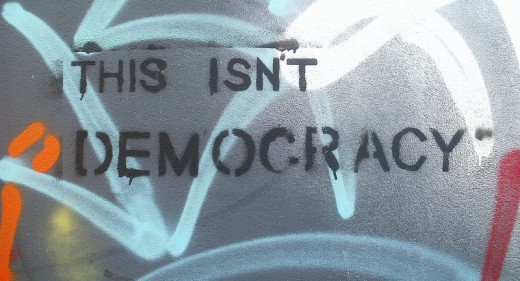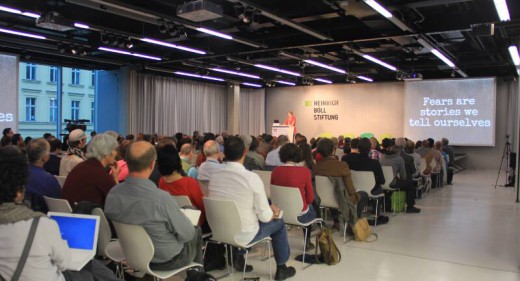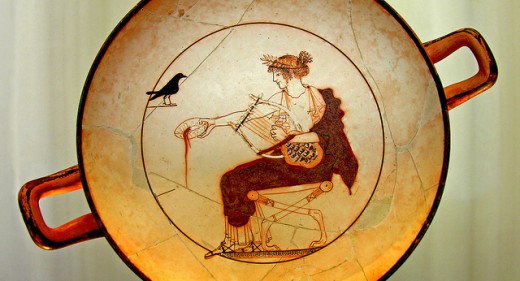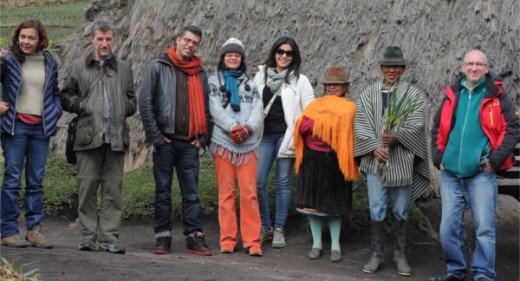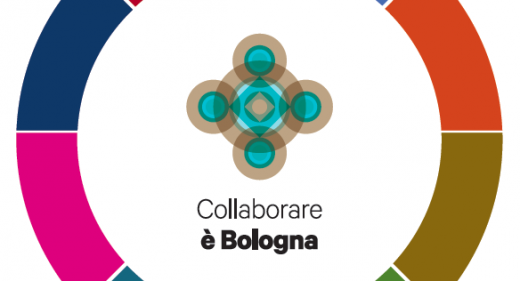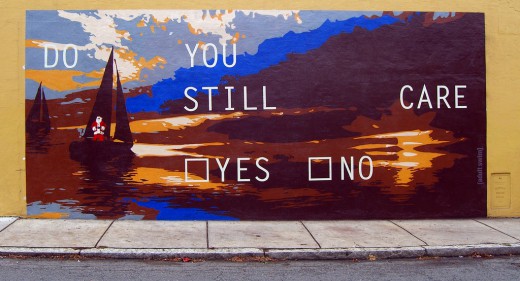On December 4, 2012, I gave a talk at the American Academy in Berlin as part of a six-week residential fellowship there. I focused on the commons as “a new/old paradigm of governance,” making a survey of the topic in ways familiar to readers of this blog.
As the neoliberal revolution instigated by Reagan and Thatcher in the 1980 has spread, however, Polanyi has been rediscovered.
This Commons Creating Peer Production can and must be enhanced by a larger “structural design” of protocols and infrastructures (Internet style), but certainly no “governing body”.
Behind the superficial public discussions about Bitcoin you’ll discover a software breakthrough that could change the future of commoning on open networks
After months of the Troika’s unrelenting, unrealistic demands on the Greek people, it has become clear what this conflict is really all about: maintaining the supremacy of the neoliberal market/state alliance. The Greeks must be punished for wishing to explore serious alternatives.
Michel Bauwens reflects on the highly innovative qualities of Ecuador’s FLOK Society project while offering ideas on how to transcend its local context.
The City of Bologna is pioneering a new paradigm of municipal governance that suggests that there are some practical, bottom-up alternatives to bureaucracy.
As long as human societies exist, so do the commons, embodied in very diverse social practices. As form of governance, they have endured longer than any State in human history.
The victimization of women in doing care work is remarkably akin to the victimization suffered by commoners, colonized persons and nature.
The first wave of hacks was radically liberal, it is time for a second wave, where the values of equity and fairness are added to the core value of freedom, liberating commons-oriented peer production from its capture by netarchical capital.
It is the combination of constructive open communities, mobilized social movements, and a political extension of the power of both, in a grand alliance of the commons, which will be necessary to turn the maturation of open practices and infrastructures, into the necessary phase transition that can save us from the coming barbarisms.


